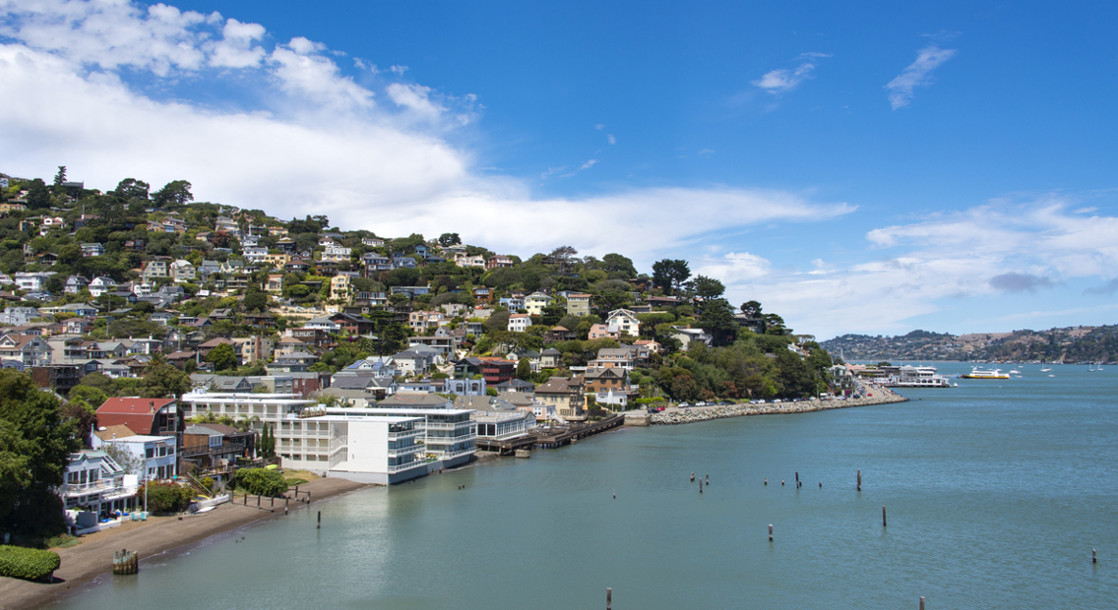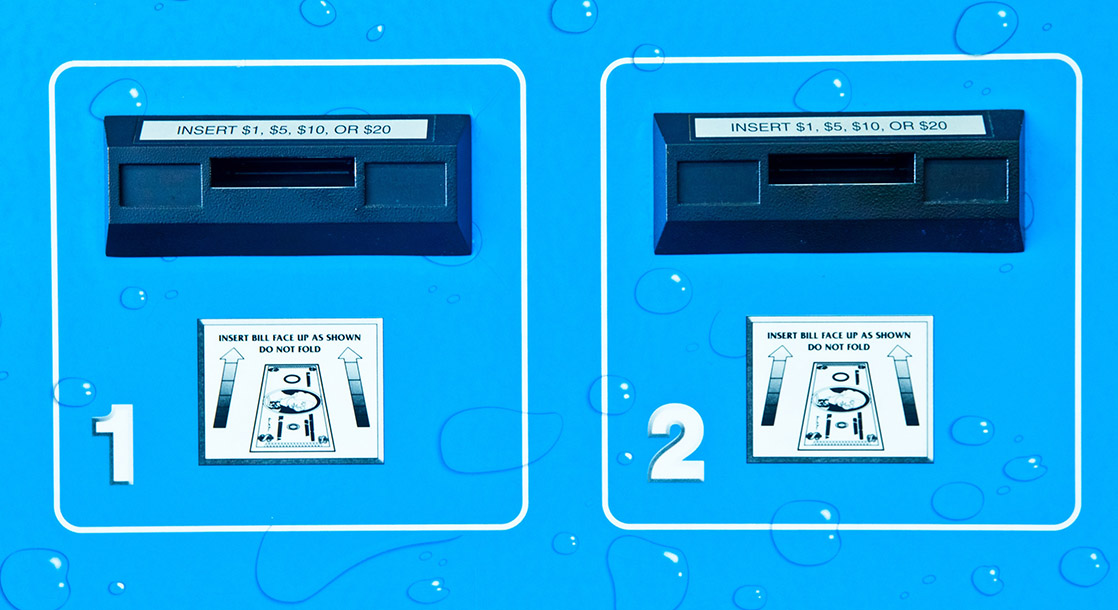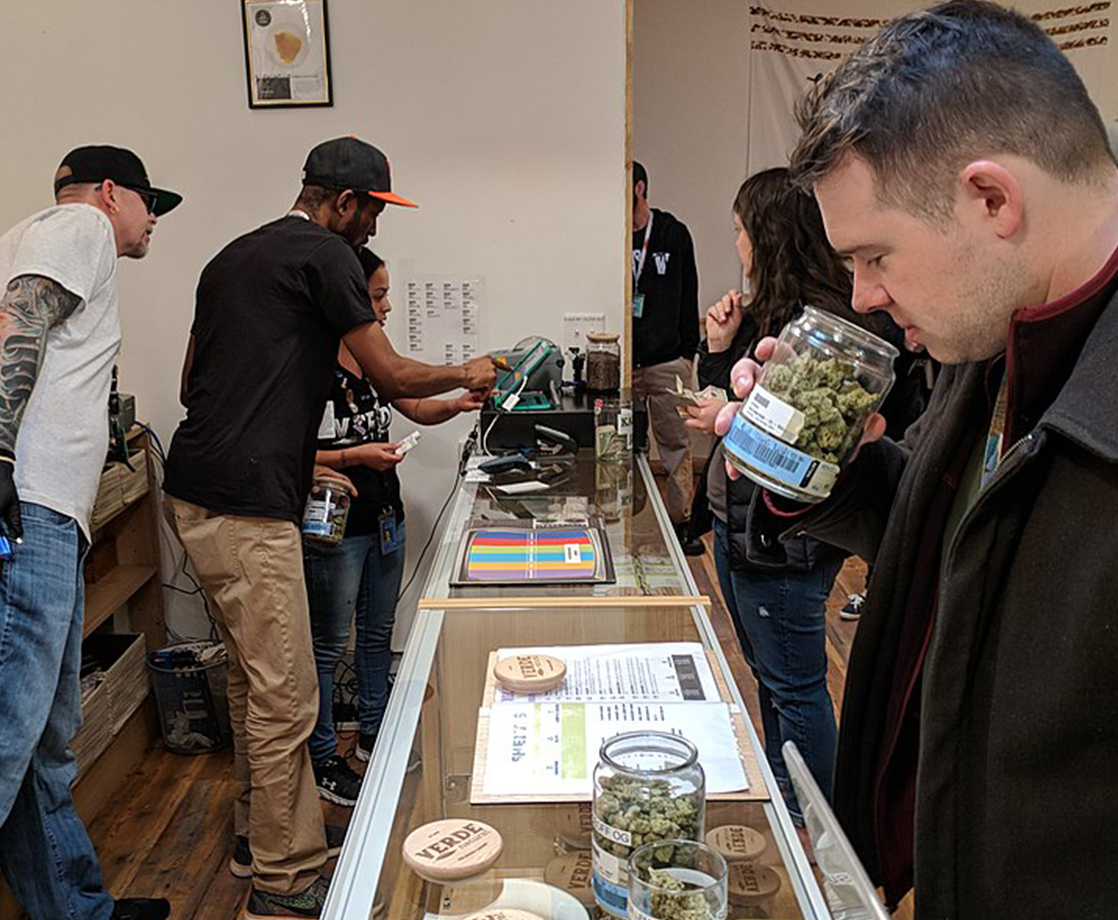Photo via iStock/ FrankvandenBergh
In November 2016, 57% of California voters said yes to Proposition 64, a ballot measure legalizing the recreational use and sale of cannabis throughout the Golden State. But Prop 64 also allows individual municipalities to “opt out” of allowing legal canna-businesses in their jurisdictions, and a surprising majority of towns and cities have chosen to do just that.
A recent investigation by the Southern California News Group and associated Digital First Media newspapers has found that fewer than one-fifth of all California cities allow medical cannabis dispensaries, and fewer than one in seven allow recreational pot stores. Less than 10% of all California cities allow any type of canna-business to operate in their jurisdiction, and only 15-20% of cities permit cultivation, manufacturing, distribution, or testing operations. Support for medical marijuana is a little stronger, with almost 30% of all California cities allowing at least one type of medical canna-business.
Although a majority of state voters voiced their support for legalization, many local government officials have been working against their constituents' wishes to ban legal cannabis businesses. In Sausalito and Albany, around three-quarters of voters said yes to Prop 64, but the city councils of both cities voted to block all canna-businesses. On the opposite side of the fence, Oakland and Riverbank both allow any kind of state-legal canna-business to set up shop in their jurisdictions, even though a majority of the residents of these cities voted against legalization.
While cities like Oakland have chosen to fully embrace legal weed and create programs to expand social equity in this new industry, many other cities have chosen to strictly regulate canna-businesses or even prohibit pot entirely. This “opt-out” provision has allowed counties like Calaveras, Placer, and El Dorado to kick out cannabis grow-ops that were operating legally for years.
This reality has created a patchwork of conflicting legalities, leaving many of the state’s residents in a “pot desert” where legal cannabis is difficult to acquire. The Sacramento Bee analyzed all 284 adult-use recreational cannabis retail licenses granted by the state in March, and found that only 30% of the state has at least one legal cannabis dispensary within 30 miles. Residents in almost 40% of the state’s territory have to drive 60 to 120 miles to find legal pot.
State lawmakers are looking to resolve this situation by proposing new legislation to allow cannabis delivery to communities that ban marijuana retail establishments. However local officials from towns that have chosen to oppose legal marijuana are also likely to oppose this new bill.











